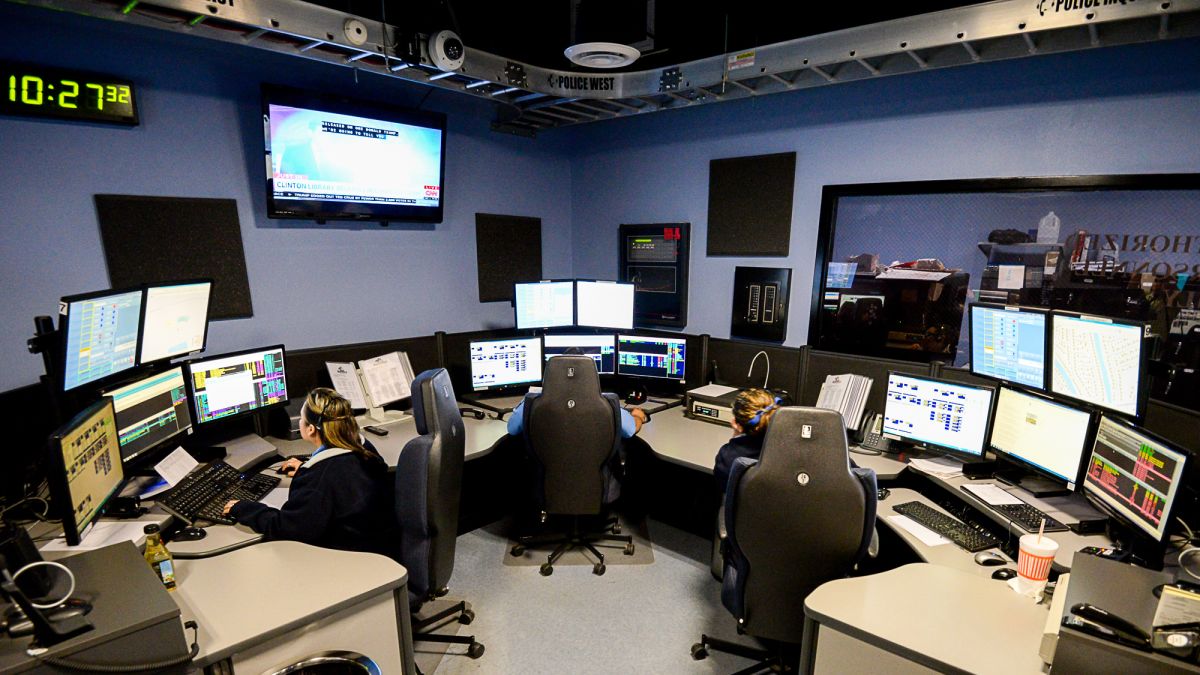6 Common Driver Temper Tantrums And How Dispatchers Can Deal With Them

Long-haul drivers spend several hours on duty negotiating heavy traffic, meeting delivery deadlines, don’t enough sleep, and of course, have to deal with irritable customers. The result is both physical and mental health problems. When the mental health problems get out of hand, the result is temper tantrums.
The 6 Common Driver Temper Tantrums
As a dispatcher, here are 6 common driver temper tantrums that you need to deal with:
Adequate Pay
Drivers are not happy with the pay they are being offered for their scope of work. It could be the rate for each trip or the total miles logged or both.
Drivers expect a competitive rate even though there might not be enough business given the state of the economy. The issue keeps bothering them and eventually surface as tantrums.
Work-Life Balance
On average, most drivers are bogged down by long hours and busy schedules. One of the results of the trucking lifestyle is not getting enough time at home with family.

Sometimes the time spent with family becomes more important than pay. When the drivers are not spending quality time with their family, it takes a toll on them. This eventually leads to tantrums.
Supervisor Issues
One of the reasons why drivers have temper tantrums is incompatibility with their supervisors. The supervisor is the person that every driver interacts with the most.
Drivers want a very well-defined role compared to a dispatcher. While they are more patient than a dispatcher, they need to be handled with care too. Criticism affects them and leads to temper tantrums.
When drivers find that the instructions from the dispatcher are more like an order, it leads to problems.
Lack Of Growth
Being in the same role for years also affects drivers. For some drivers, it could mean being part of dispatch while others might want to be part of a different division. Some drivers might want a less stressful route.
The key thing to be kept in mind is that drivers need options. Whether they choose the option or not is secondary.
Lack Of Communication
When the driver sees that the company is not keeping them in the loop about anything, they feel that they are no longer important.
They would like to know why the company is making decisions like giving them tough routes, not providing sufficient miles, hiring new drivers when they feel it is not required, or plans.
Maintenance Issues
Sometimes the driver has to wait for hours while their truck is being repaired. Drivers feel that this time could be spent with family or in some other productive activity.
If a problem reported by the driver does not get addressed by the technician before the driver leaves for duty, it sends them the wrong signal. The driver feels that the company does not care about their welfare.
Dealing With Temper Tantrums
As a dispatcher, you need to know how to handle the temper tantrums of drivers. One of the most effective solutions to address common driver concerns is to integrate the use of telematics in your fleet operations.
With telematics, drivers can be directed to the least congested routes to save time and can get off work quicker. You can use the captured performance data to measure their learning curve and help them grow. To know more about telematics, Apart from telematics, here are some ways to handle your drivers’ temper tantrums:
Follow Company Policy
One of the ways you can deal with temper tantrums of drivers would be asking them to accept their current situation. They need to work with the equipment, and the working conditions offered by the company or quit.
However, this strategy might not work for the simple reason that the driver will have supporters to take up their cause. Even then, you need to ensure that the driver knows that finding fault with everything will not be accepted.
Your responsibility as a dispatcher of your fleet is to aim for driver retention. Top performing drivers are in high demand, and you can’t lose them. You need to address their problems by escalating them to the higher authority and provide viable solutions.
Handle Complaints Objectively
There are different types of complaints that you come across as a dispatcher.
In the case of personal problems, the size of the vehicle may not be right. Preference problems occur when a driver wants a particular vehicle because they have had a bitter experience with other models.
The best way to handle such complaints is to separate the occasional complaint from regular tantrums. When you keep getting complaints from a particular driver regularly, it is a tantrum.
A solution to this problem would be sending a message to the drivers that fleet policies will be followed when it comes to the resources provided to the driver. Requests to make exceptions for drivers will not be entertained.
You should try to ensure that even a star performer does not make you bend the rules. If you are firm, you can control these issues.
Be Professional
Never get into an argument with an angry driver. Respond to such behavior professionally. This will help bring the situation under control for engaging in a dialogue.
You can also connect to the driver in person and express your concern. This will certainly soften their anger. You could invite suggestions from them regarding improvements to the fleet.
The driver might come up with a great idea. You could acknowledge the driver’s contribution in public.
Optimize The Potential Of Your Fleet
One of your responsibilities as a fleet manager is to ensure that the physical and mental health of the members is in the best condition possible. The drivers are your asset, and if their grievances are addressed in the best possible way, you minimize the risk of tantrums.
You need to be professional in your approach while handling their tantrums. Making policy exceptions will create problems for the company, so avoid them.
Even after your efforts, if you still find that some members of the fleet are throwing temper tantrums, you need to let them go.